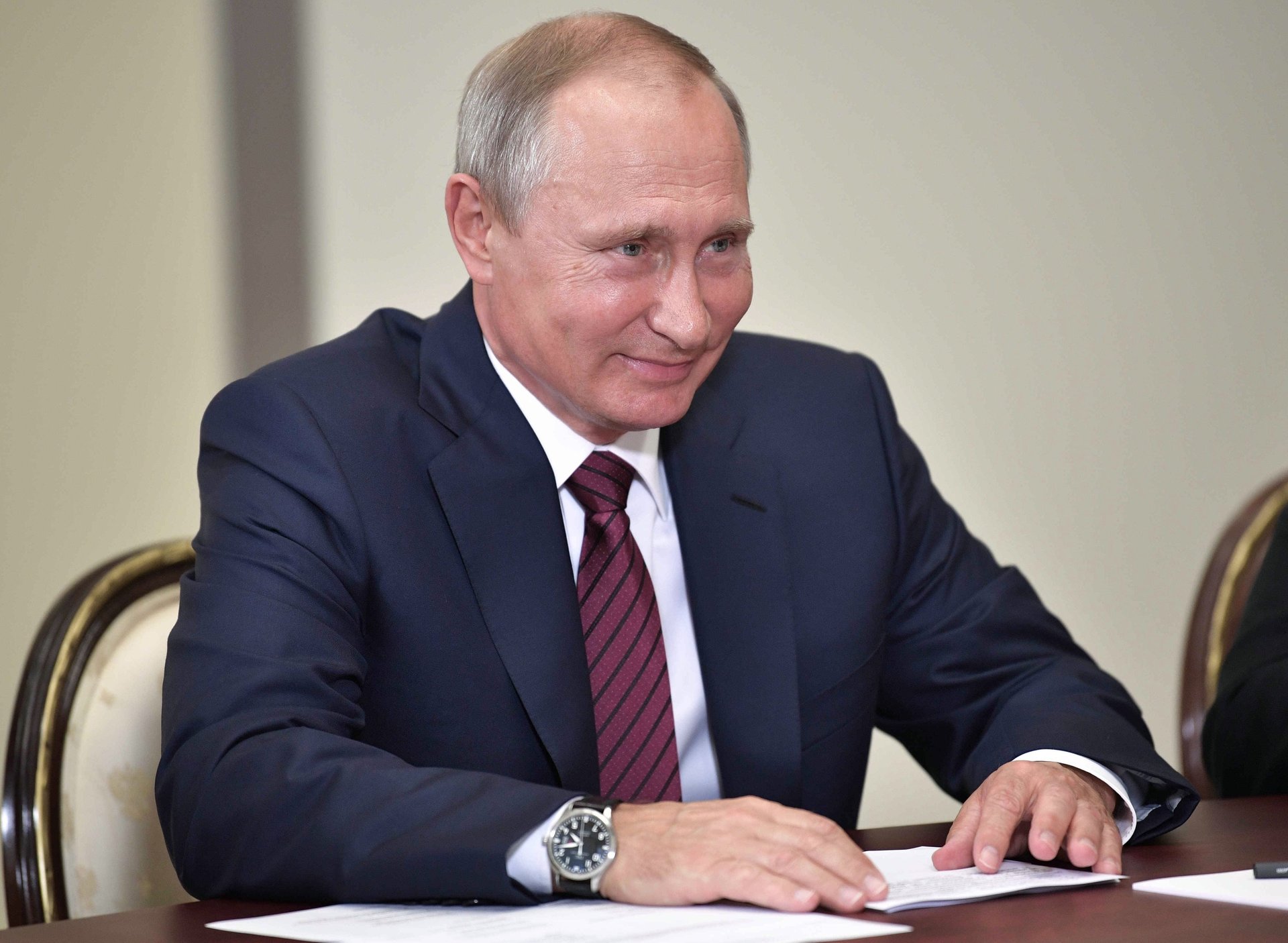Russia’s elite think the US “oligarchs list” is hilarious
Moscow’s upper echelons spent months consumed with worry about a sanctions list that would be published by the US Treasury at the end of January. Now they’re laughing.


Moscow’s upper echelons spent months consumed with worry about a sanctions list that would be published by the US Treasury at the end of January. Now they’re laughing.
Oligarchs had desperately lobbied in Washington for information and to not be included on the list. Some reportedly changed their schedules to avoid being seen with president Vladimir Putin. Others liquidated holdings that might be exposed. Even though it would not have formal teeth, the list threatened to cause real compliance problems for those working with Western businesses.
When the list was finally published yesterday, however, the overriding response was giddy relief. The list, which Congress had intended to show up Kremlin-linked political corruption, is so vast that, so far, it seems to be meaningless.
The unclassified version lists 210 people, including prime minister Dmitry Medvedev, Putin’s spokesman Dmitry Peskov, his entire cabinet of ministers, and 96 billionaires, almost all of whom are listed in Forbes’s 200 Richest Russians. It does not include Putin, who joked that he was “offended” he hadn’t made the cut.
Other officials immediately started mocking the list. Medvedev, himself normally a figure of ridicule in Russia, joked that not being included could be “a reason to resign.” The head of the Russian Federation Council’s Foreign Affairs Committee wrote that the Treasury had “simply copied the Kremlin’s phonebook.” In a sign of its indifference, the Kremlin said it doesn’t even intend to reciprocate for the time being.
After criticism that the Trump administration was slow-walking the report, including by filing as late as possible before its deadline, Treasury secretary Steve Mnuchin insisted that “the intent was to do an extremely thorough analysis.” That was rather undermined by various sloppy elements within the report.
A Treasury spokesman admitted to Buzzfeed that it had used Forbes’s rich list to compile the report. The AP writes that the 114 politicians named in the document “included the whole of Putin’s administration, as listed by the Kremlin on its website.” Meanwhile, the names of state company executives appear on the US list in the exact order that they appear in business publication RBC’s list of the 500 biggest Russian companies, leading some to wonder if that section, too, might have been copied and pasted.
The list of oligarchs also had deep analytical flaws, wrote the Telegraph’s Moscow correspondent:
The list’s haphazard nature, alongside the decision not to enforce new sanctions on the defense industry, provokes questions about the White House’s reasoning. Vladimir Milov, a Russian opposition politician, tweeted that he believed the Trump administration was “sabotaging” sanctions that had been ordered by US Congress by creating an unenforceably large group of people of interest. “But even I didn’t expect them to do it in such a formal way,” he wrote. Anders Aslund, an economist and fellow at the Atlantic Council, wrote that the list has “undermined and ridiculed the US sanctions on Russia.”
Ultimately, whether the list does anything will depend on two things. First, whether the White House will add more sanctions based on the list, as Mnuchin promised today. Second, whether Western banks take any notice, making their compliance and “know your customer” (KYC) measures stricter for those listed.